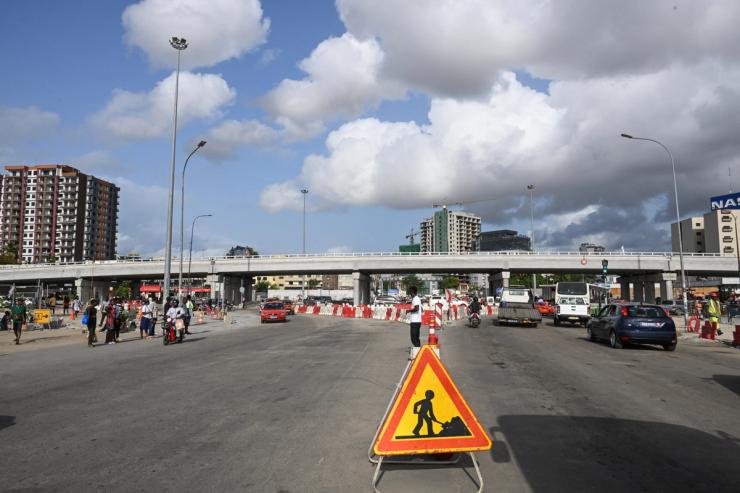Last week US Ambassador Troy Fitrell, the State Department’s top Africa official, unveiled what appears to be the Trump administration’s Africa policy — a “Commercial Diplomacy” strategy that emphasizes “trade, not aid.”
The strategy posits that lagging trade stems from the US historically prioritizing aid over commerce. While some African leaders may welcome this pivot — seeing Africa as a commercial partner, not a recipient of handouts — the strategy faces serious challenges in both conception and execution.
Fitrell proposed six key actions with “commercial diplomacy” as its core focus. US ambassadors in Africa will now be evaluated on how effectively they advocate for American businesses and close deals. There is one drawback, however: This plan offers nothing for the development of deal flow. The Trump administration has suspended the US Trade and Development Agency, which once de-risked early stage investments.
The new strategy purports to work with African governments to promote market reforms. Governments across the continent will embrace any partnerships to improve the investment climate. They will, however, do well to push for a partnership that is mutually beneficial.
Fitrell’s speech, as delivered, is skewed toward facilitating American business, not fostering mutual prosperity or supporting African enterprises. In a year where the African Growth and Opportunity Act (AGOA) is due to expire, it is not mentioned once. By contrast, the term “export” appears four times in the speech — always referring to US exports to Africa — suggesting a largely one-way trade vision.
For a continent starved for infrastructure, governments will embrace the Trump administration’s stated intent to focus on such projects. They’ll also be keen on an increase in so-called commercial diplomacy trips. However, with US government agencies like the Millennium Challenge Corporation now effectively defunct and American construction firms largely absent from the continent, it’s unclear who will deliver the proposed infrastructure and how the administration will ensure that these trips are not simply symbolic.
The plan proposes linking US exporters and capital to Africa and reforms to US trade promotion and financing tools. If realized, these reforms could address the deal flow.
Overall, the Trump administration’s new plans for Africa face a dilemma, as they conflict with simultaneous efforts to shrink the federal government. In Washington, where “personnel is policy,” this creates a challenge for execution.
Many African leaders will recognize similarities between this proposed approach and China’s model of economic engagement. The US is converging with China on how to engage Africa, but without the tools that underpin China’s success, such as state-owned enterprises from construction and railway firms to banks and insurance companies. The new approach assumes that the US private sector can compete without equivalent support, which is highly optimistic.
The US no longer offers unique capital access, and it has unilaterally diminished its soft power tools. The strategy currently makes no clear offer to African countries that are also being courted by Asia, Europe, and the Gulf. There’s no mention of increased access to US markets, no new financing mechanisms, and no talk of value addition to the much desired “critical minerals.”
African governments must now offer a counterproposal that centers around a clear value proposition for this partnership.
W. Gyude Moore is Liberia’s former minister of public works. He is a senior fellow at the Center for Global Development in Washington, DC, and the current Boeing Visiting Faculty Chair in International Relations at Schwarzman College in Beijing’s Tsinghua University.

